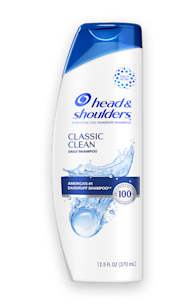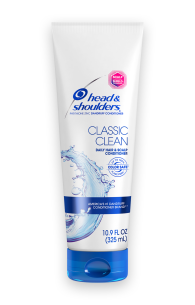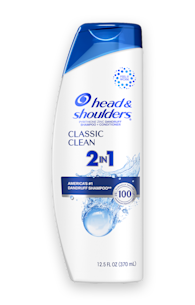NO-POO EXPLAINED
The no poo movement has been gaining popularity in certain circles for some years now. But what is it, and is it really better not to use shampoo?
The concept of no poo is actually pretty simple: it involves washing your hair without using shampoo.
Advocates of no poo claim that modern shampoos do more harm than good, and so have searched for other ways of cleaning their hair.
There are as many different forms of no poo washing as there are shampoo brands, including:
using nothing more than water
using baking soda in place of shampoo and apple cider vinegar as a conditioner
complicated home remedy concoctions like rye flour, eggs and even clays
Effectively, the idea is to either use no product at all, or to use a product that is thought to be gentler than a regular shampoo.
Why do people go no poo?
There are a lot of reasons that people decide to go no poo, but the reason most often given is skepticism about chemicals.
Some people worry about why shampoos have so many ingredients, and whether they’ll be harmful to their health.
Others claim that chemicals found in shampoos are ineffective for cleaning.
Are too many ingredients bad?
In reality, each ingredient in a modern shampoo has an important job. Some jobs are obvious- like helping the shampoo lather and cleanse and keeping your hair soft and manageable.
Other hard-working ingredients perfect the shampoo’s texture and spreading, protect it from contamination and keep your scalp and hair healthy.
All these combine to make the best possible washing experience for you.
Learn more: Head and Shoulders Anti-Dandruff Shampoo Ingredients – What’s in the Bottle





